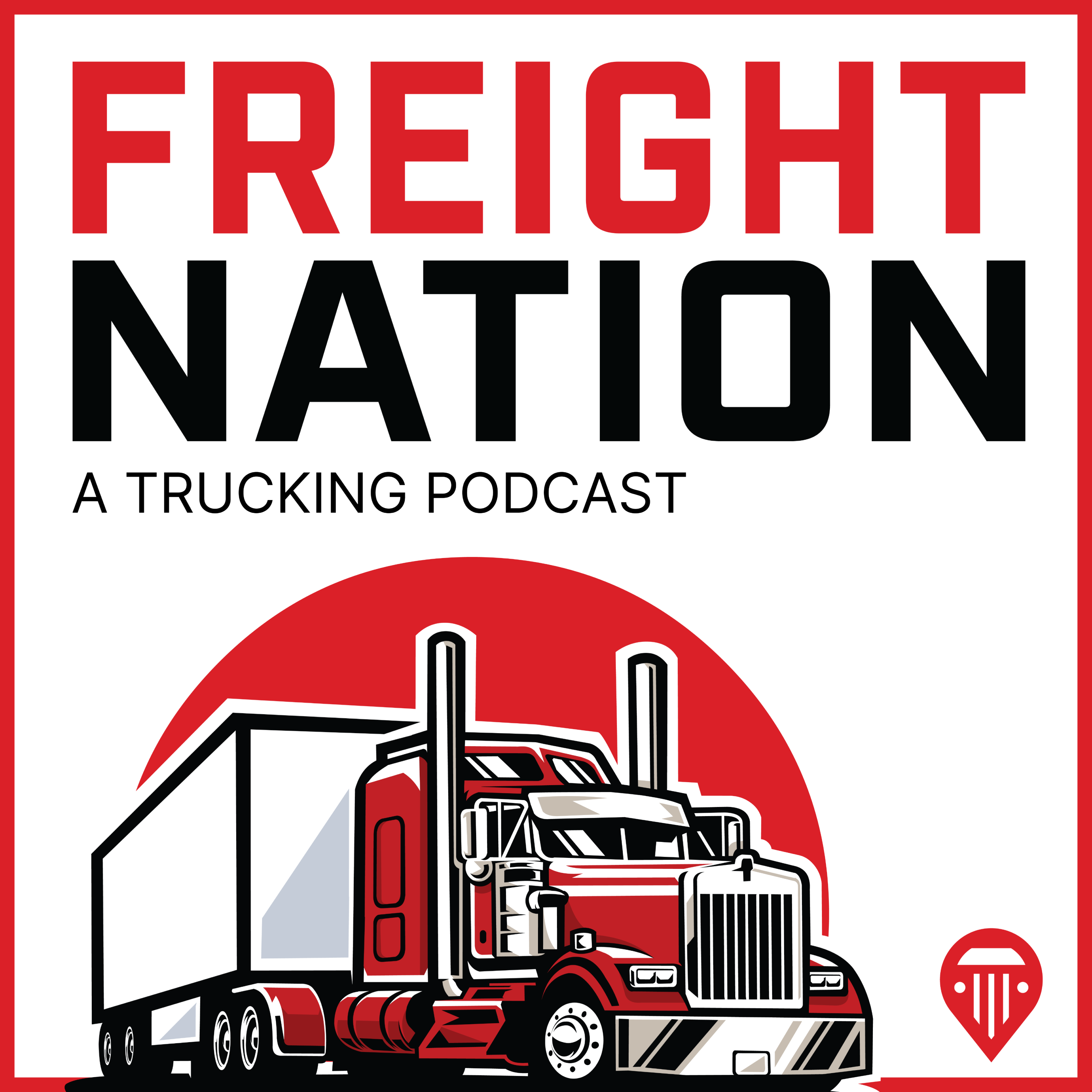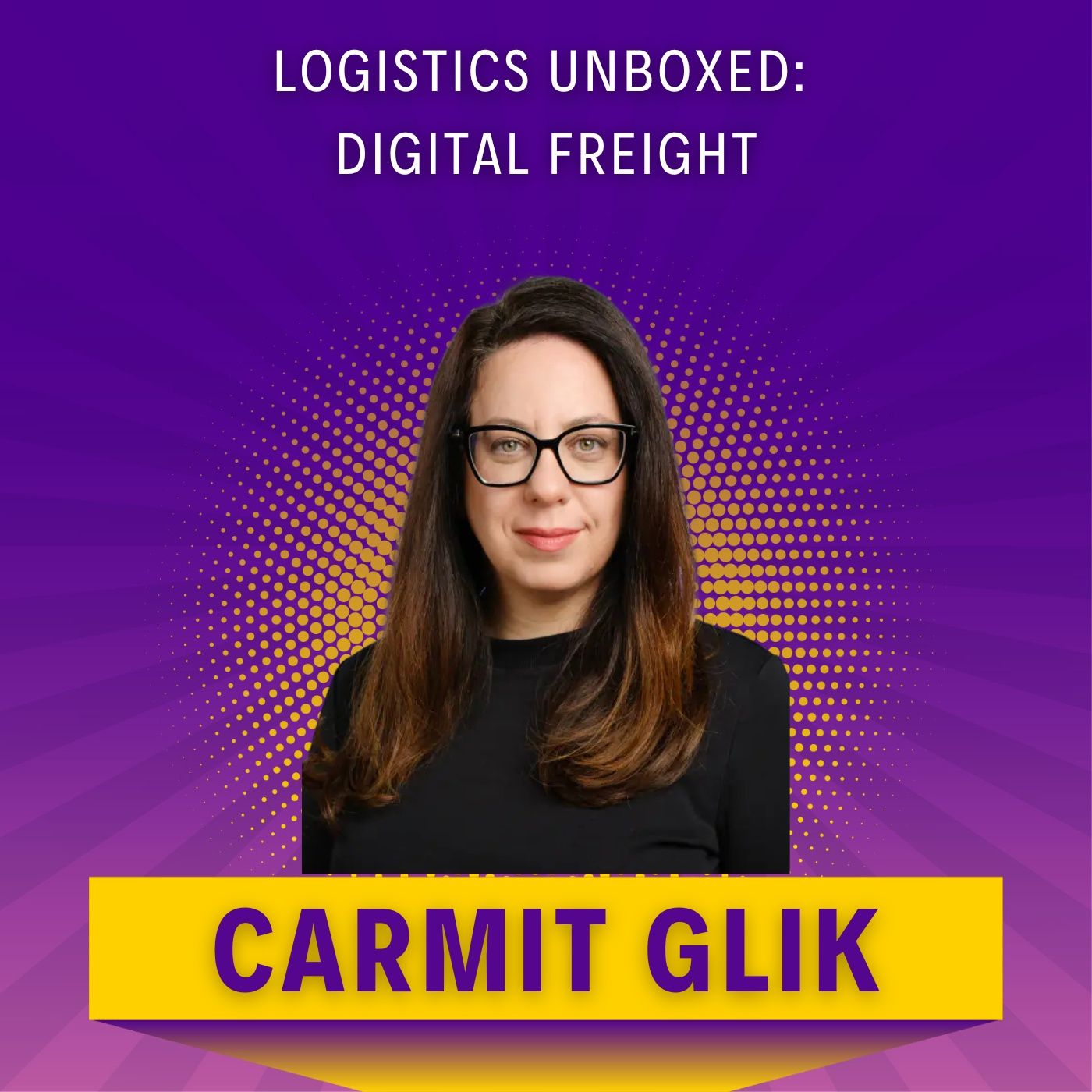
Logistics at a Crossroads
Where freight meets real life.
Hosted by Gia — logistics veteran, cancer survivor, and truth-teller — “Logistics at a Crossroads” explores the industry, identity, and the grit it takes to keep showing up. Freight. Feelings. No filter.
Logistics at a Crossroads
Episode 21: Who’s Really Covered?
Benefits aren’t benefits if you can’t use them. In this episode, we expose the disconnect between coverage on paper and coverage in practice across the logistics industry.
From temp workers misclassified and left out of healthcare to employees punished for taking protected leave, we break down what’s really happening on the ground — and what it’s costing workers and employers alike.
You’ll hear:
- Why misclassification is more than a legal issue — it’s a human one
- Real FMLA case outcomes that should make every HR team take notice
- What the Department of Labor is watching for in 2024
- Seven real-world steps to fix broken leave policies
- A direct call to both policy makers and the workers who live through it
If you're in HR, management, or simply navigating the logistics industry yourself — this episode is your playbook for what fair coverage should look like.
🎧 Plus: Next week, we tackle the silent toll of return-to-work burnout.
Intro lofi-chill-smooth...mp3 —
Outro disrot-serene...mp3
🎧 New episodes every week.
Follow Logistics at a Crossroads on your favorite podcast platform.
📬 Want to connect?
Find me on LinkedIn: linkedin.com/in/reginahunter
Visit the blog: giakat.blogspot.com
[Intro music: "LoFi Chill"]
Gia (host): Welcome back to Logistics at a Crossroads. I’m your host, Gia. And today, we’re diving into something that cuts deeper than most handbooks dare to admit:
Benefits aren’t benefits if you can’t use them.
We talk a lot about coverage like it’s a safety net — but what good is a net full of holes? Whether it’s health insurance that’s technically available but practically unreachable, or leave policies that exist only in name, the gap between policy and reality is where too many workers live.
In this episode, we’re pulling back the curtain on what “coverage” really looks like in the logistics world. From temp workers passed over for healthcare to family caregivers excluded from FMLA protections, we’re talking about the people falling through the cracks of the system — and what it costs everyone involved.
Segment: Misclassified and Left Behind
Let’s start with the people who keep the warehouses humming, the docks moving, and the back-office processes in check — the temp workers.
You know the ones. On paper, they’re "contractors" or "agency staff." In reality, they clock in daily, take company-specific safety training, and wear the same gear as your full-time crew.
But when it comes to benefits? They're invisible.
Misclassification isn't just a legal issue. It’s a human one. Because when someone gets sick, has a baby, or needs to take time off, being labeled "temporary" is often the difference between a paycheck and nothing.
In logistics, that label gets used a lot. Not because the work is short-term. But because the commitment to the worker is.
Take someone like Jamal — a forklift driver at a third-party logistics firm in Dallas. He’s been on the job 18 months, works 50-hour weeks, and wears the company badge. But because he's technically "on lease" from a staffing agency, he got nothing when his wife had emergency surgery. No leave. No support. Just pressure to cover his shifts or risk replacement.
Segment: The Cost of Leave — On Both Sides
[Ambient warehouse sounds fade in]
When we talk about leave — FMLA, short-term disability, or even just an earned day off — one word always comes up: cost.
For employers, sure, there are administrative tasks, payroll burdens, coverage gaps. But what about the hidden costs?
• The cost of not recognizing a legitimate leave request. • Of criticizing someone who’s using protected time. • Of insisting that goals still need to be hit, even while someone is healing.
You might save a few hours on paper. But you lose trust, morale, and retention.
And let’s be honest: mismanaging leave can easily turn into a lawsuit. Ask Jewish Voice Ministries International. In the case Kelley v. JVMI, the court sided with the plaintiff who was terminated after returning from FMLA-covered stroke recovery. She still answered emails, still tried to help while out — and was let go after her role was "restructured."
Another example? In Parker v. United Airlines, an employee was penalized for “excessive absenteeism” — despite medical documentation and FMLA approval. The court didn’t just side with her. They reminded employers that FMLA isn't optional, and that retaliation — even subtle — counts.
The law doesn’t just require paperwork. It requires respect.
Segment: Department of Labor Is Watching
Here’s what you need to know: the Department of Labor isn’t just looking at FMLA cases. It’s actively pursuing them.
In a recent initiative, the DOL ramped up enforcement across industries where misclassification, retaliation, and benefit denial run high. That includes logistics.
In FY 2024 alone, over $1.4 million in back wages were recovered for FMLA-related violations. And that’s just what got caught.
And this isn’t just about fines. It’s about your name ending up in a DOL press release — searchable, public, and reputationally toxic. Workers read those. So do competitors. And so do future job applicants.
So yes, policy matters. But so does implementation.
Segment: Best Practices for Employers
Let’s talk solutions. Here are seven ways logistics employers can protect both people and compliance:
- Train Your Supervisors: Most FMLA missteps happen because a frontline manager makes an offhand comment or misinterprets policy.
- Audit Job Classifications: Make sure roles labeled "contractor" aren't being treated like employees without the benefits.
- Use a Real Leave Tracker: Calendars don’t cut it. Track usage, renewal periods, and communication.
- Don’t Restructure During Leave: It’s risky. Even well-meaning changes can look retaliatory.
- Document Transparently: Keep records, but share the process. Let employees see you’re tracking for accountability, not punishment.
- Build a Culture of Use: Normalize leave. Talk about it in onboarding. Praise people who take the time they need.
- Review Your Vendor Agreements: If you’re outsourcing labor, your liability doesn’t disappear. Make sure staffing agencies are compliant too — because co-employment risk is real.
Closing: A Call to HR — and a Word to the Workers
[Soft, reflective tone fades in]
Gia (host):
Before we close, I want to speak to two groups of people: the ones writing the policy… and the ones living through it.
To HR and managers: Your policies mean nothing if people don’t trust them. Create environments where asking for help isn’t treated like a burden. Where leave is honored, not just tolerated.
To the workers using FMLA or about to:
• Track your days. • Save your emails. • Keep appointment records. • Know your rights.
Because coverage doesn’t protect you if it isn’t respected. And your health, your caregiving, your survival? That’s not optional.
And if you’re scared to speak up? You’re not alone. But silence is the system’s favorite tool. Ask questions. Get clarity. Reach out to advocacy groups or legal aid if you need backup. Because no job is worth your health, and no title is worth your silence.
This was Logistics at a Crossroads. Episode 21: Who’s Really Covered?
Next week, we’re unpacking the unspoken strain of return-to-work transitions and burnout.
Until then, keep holding the line — and as always, remember that I’ll be navigating the crossroads right along with you.
[Outro music: "Disrot- Serene"]
Podcasts we love
Check out these other fine podcasts recommended by us, not an algorithm.

Supply Chain Revolution
Sheri Hinish, SupplyChainQueen
Supply Chain - Unfiltered
Institute for Supply Management®
The Bootstrapper's Guide to Logistics
Nate Shutes
Everything is Logistics
Blythe Brumleve
WHAT THE TRUCK?!?
FreightWaves
Freight Nation: A Trucking Podcast
Truckstop
Logistics Unboxed: Digital Freight
The Advisor W/ Stacey Chillemi
The Happiness Lab with Dr. Laurie Santos
Pushkin Industries
The Wandering One Podcast
The Wandering One Podcast
We Can Do Hard Things
Treat Media and Glennon Doyle